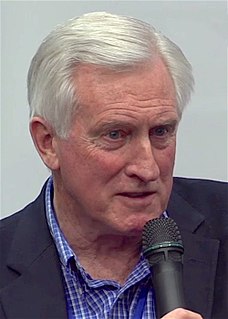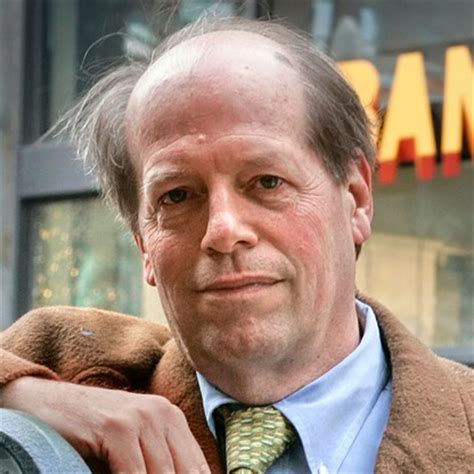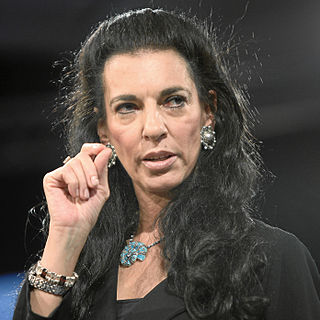A Quote by Phillip E. Johnson
If we understand our own times, we will know that we should affirm the reality of God by challenging the domination of materialism and naturalism in the world of the mind. With the assistance of many friends I have developed a strategy for doing this. ... We call our strategy the "wedge."
Related Quotes
I would say to bishops, and to all men in authority, we should have an interest in carrying on this work. We should labor to get the Spirit of God. It is our right, our privilege, and our duty to call upon the Lord, that the vision of our mind may be opened, so that we may see and understand the day and age in which we are living. It is your privilege, and mine too, to know the mind and will of the Lord concerning our duties, and if we fail to seek after this, we neglect to magnify our calling.
Many times when people have a vision, they think in terms of a big vision - I want to take my city for Christ. But the problem with many pastors and this type of vision is this: they haven't developed the strategy to fulfill that vision. A pastor preaches a dream or vision to his/her people, they get excited for a week, a month, or a couple of months, but there is no strategy, planning, or process to fulfill that vision.
Our strategy should be not only to confront empire, but to lay siege to it. To deprive it of oxygen. To shame it. To mock it. With our art, our music, our literature, our stubbornness, our joy, our brilliance, our sheer relentlessness — and our ability to tell our own stories. Stories that are different from the ones we’re being brainwashed to believe. The corporate revolution will collapse if we refuse to buy what they are selling — their ideas, their version of history, their wars, their weapons, their notion of inevitability.
Our world, so we see and hear on all sides, is drowning in materialism, commercialism, consumerism. But the problem is not really there. What we ordinarily speak of as materialism is a result, not a cause. The root of materialism is a poverty of ideas about the inner and the outer world. Less and less does our contemporary culture have, or even seek, commerce with great ideas, and it is that lack that is weakening the human spirit. This is the essence of materialism. Materialism is a disease of the mind starved for ideas.



































